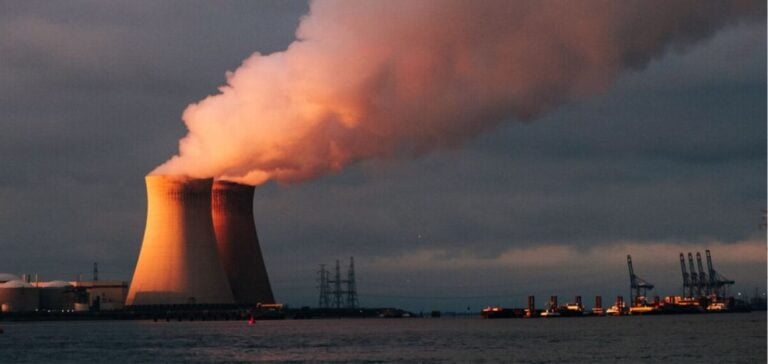China has just approved the construction of 11 nuclear reactors, a decision in line with its desire to consolidate its position in the global nuclear energy market.
With these new facilities, Beijing aims to increase the share of nuclear power in its energy mix to 10% by 2035.
The project, spread over the provinces of Jiangsu, Shandong, Guangdong, Zhejiang and Guangxi, represents an investment of $31 billion.
China General Nuclear Power Group (CGN) will manage six of the reactors, while China National Nuclear Corporation (CNNC) and State Power Investment Corporation (SPIC) will share the other five.
A strategic project for energy sovereignty
The approval of these reactors, comprising fourth-generation units, illustrates Beijing’s determination to reduce its dependence on fossil fuels while strengthening its energy sovereignty.
These reactors, such as the Xuwei project in Jiangsu, incorporate advanced technologies, enabling simultaneous production of heat and electricity.
This massive deployment is part of a trend observed for several years now, with China approving new units every year to meet ever-increasing energy demand.
International cooperation and technological leadership
This rapid expansion is not taking place in a vacuum.
China also enjoys sustained cooperation with Russia in the development of fast-neutron reactors and other advanced technologies.
Joint projects such as the Russian VVER reactors at Tianwan and Xudabao illustrate this synergy.
In addition, Russia’s supply of fuel for China’s experimental CFR-600 reactor reinforces the integration of cutting-edge technologies in China’s nuclear sector.
With these new approvals, China confirms its leading position in the construction of nuclear reactors, a market in which it is already well ahead.
This strategic move aims to position the country as the world’s leading nuclear power producer by 2030, ahead of the USA and France.
This step forward, combined with efforts to improve energy security and reduce industrial emissions, marks a key milestone in China’s energy strategy.






















